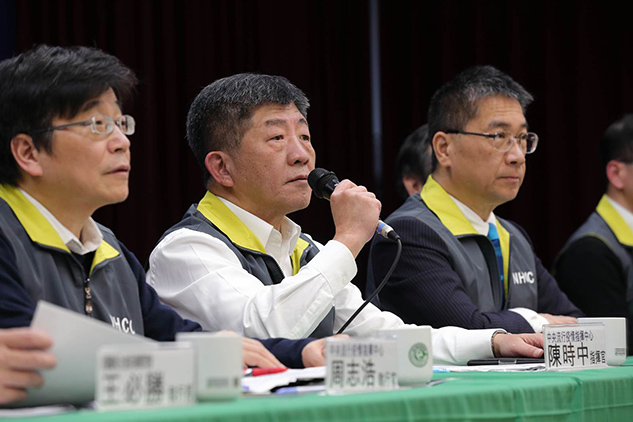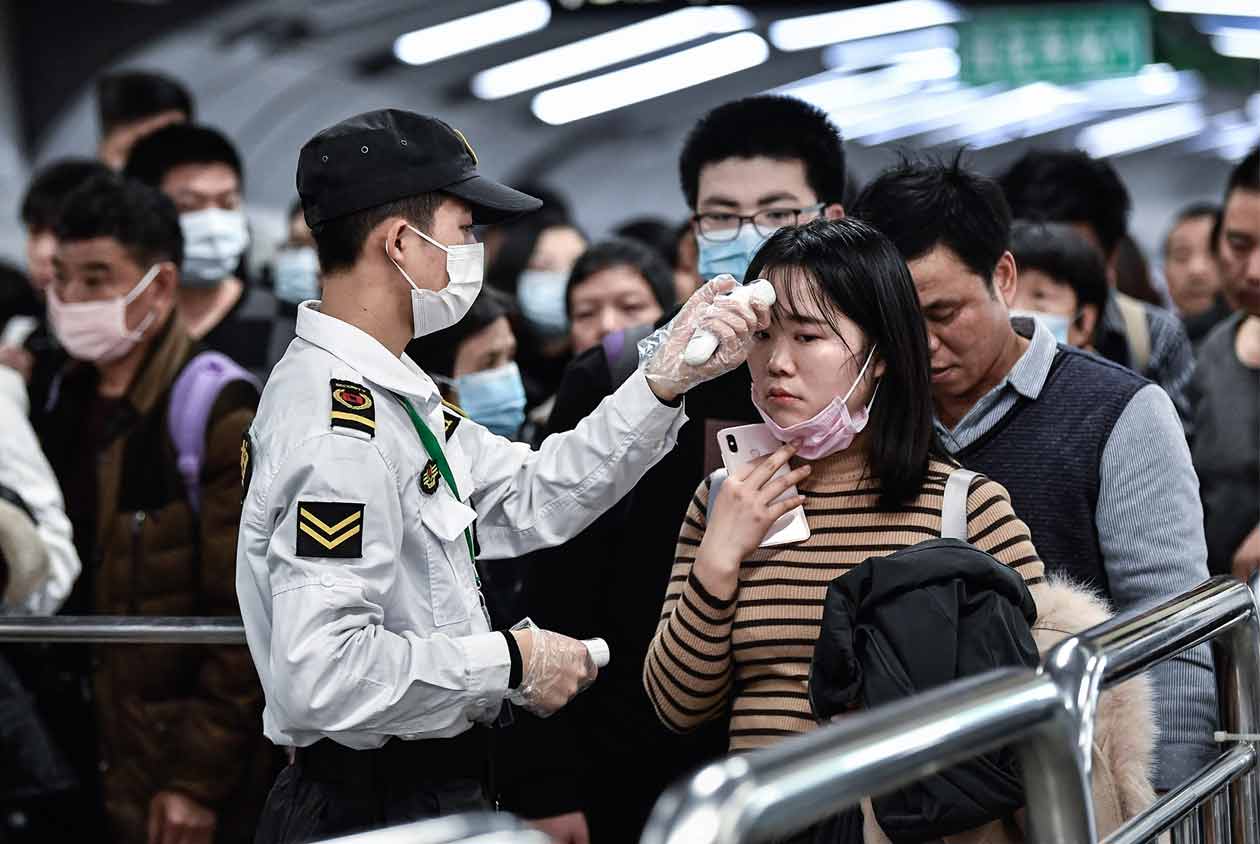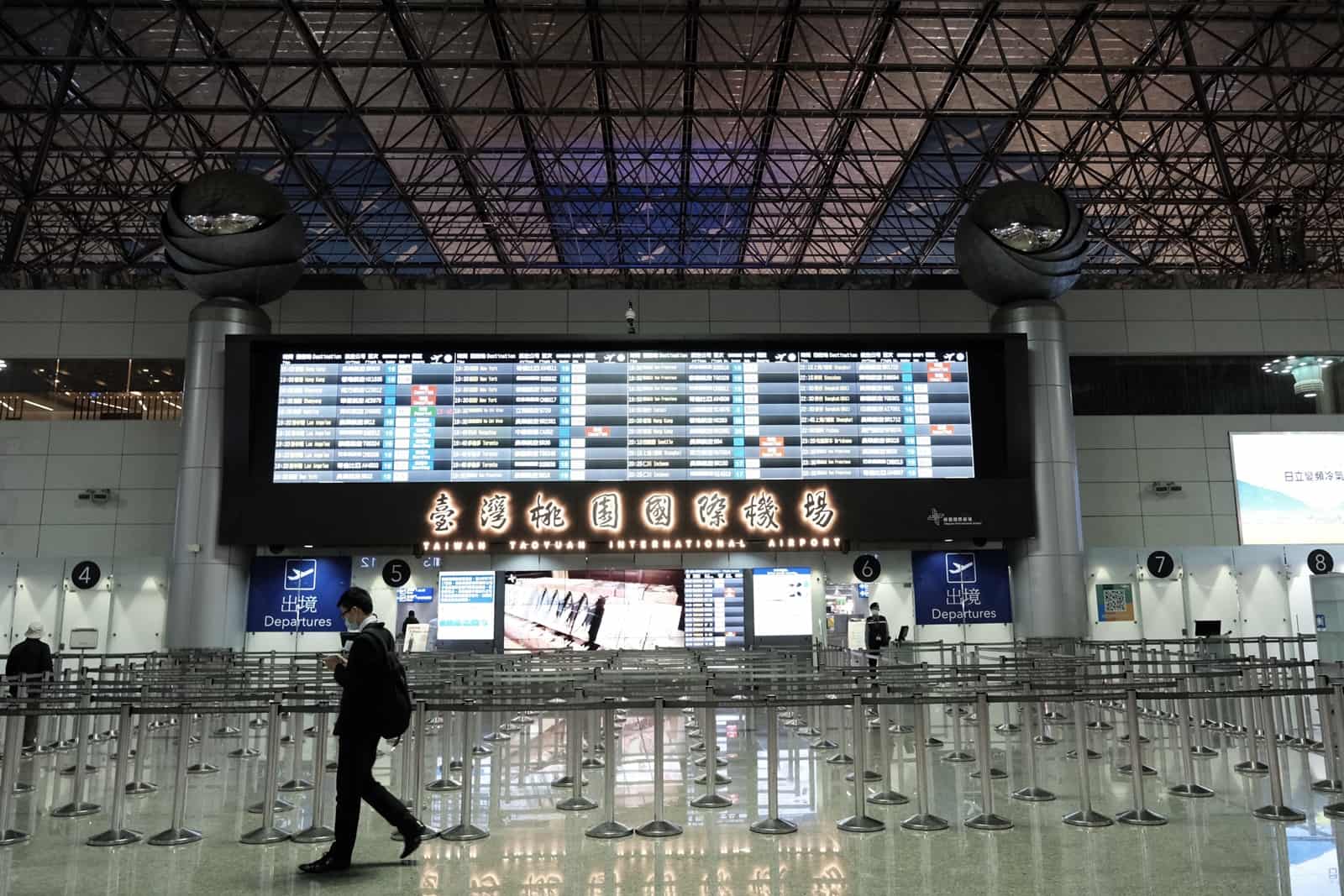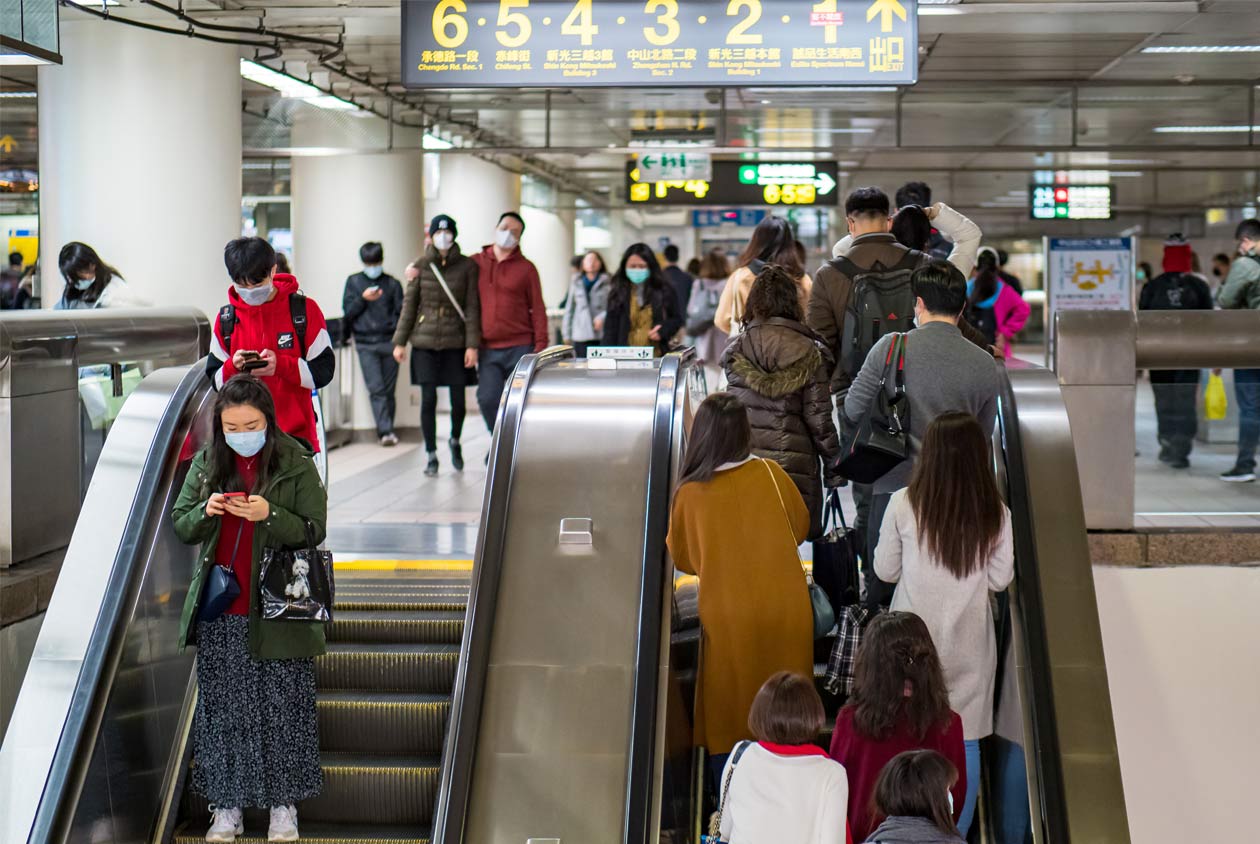Guest-writer
Taiwan has done exceptionally well in fighting COVID-19 – but needs an ‘exit strategy’ as well

Source:Chien-Tong Wang
Since the SARS outbreak of 2003, Taiwan has taken precautions against future epidemics. This has involved systematically developing contingency plans and setting up an institutional structure that immediately switches into crisis mode when it becomes clear that a contagious disease will spread more widely.
Views
Taiwan has done exceptionally well in fighting COVID-19 – but needs an ‘exit strategy’ as well
By Gunter Schubertweb only
I have been staying in Taiwan since early March on my usual springtime research stint. My life has been hardly impacted by the coronavirus crisis which has paralysed both economies and public life across the globe.
There are no restrictions keeping citizens confined to their homes. Universities, schools, restaurants and shops are open, even gyms. As of April 28th, there have only been 429 infections; only six people have died. Given that Taiwan has a total population of 23.6 million, this is an outstanding ratio compared to all industrialised countries.
Taiwan’s performance is all the more remarkable, considering its proximity to China’s South Eastern shoreline, with an airline-distance of no more than 950 km to Wuhan – the epicentre of the crisis, where the first coronavirus infections were detected in November last year.
Some 1-1.5 million Taiwanese live and work on the Chinese mainland, and cross the Taiwan Strait on a regular basis. Even as the vast majority of experts expected the island republic to suffer more than any other place by the corona epidemic, things have turned out rather differently.
 Source: Getty Images
Source: Getty Images
In fact, among all East Asian states and entities bordering China – Japan (13.614), South Korea (10.752), Hong Kong (1.038) – Taiwan stands out. It is a beacon of success at the heart of the corona crisis.
What can other countries learn from Taiwan, and what is Taiwan-specific?
To begin with, since the SARS outbreak of 2003, which originated in the southern Chinese province of Guangdong and killed 37 Taiwanese, Taiwan has taken precautions against future epidemics. This has involved systematically developing contingency plans and setting up an institutional structure that immediately switches into crisis mode when it becomes clear that a contagious disease will spread more widely.
When, on December 17, 2019, the Taiwanese authorities learned that there was a new illness affecting the respiratory apparatus in Wuhan, they immediately controlled inbound flights from this central Chinese metropolis. After two Taiwanese epidemiologists travelled to Wuhan to get a clearer picture of the situation on the ground, the Taiwan government communicated to the World Health Organisation (WHO) on January 16th the possibility of human-to-human transmission of a new SARS-like coronavirus.
At the same time, it installed the Central Epidemic Command Centre (CECC) which became a highly efficient steering instrument in Taiwan’s strategy against the spread of the virus. On January 19th, the government reported Taiwan’s first case of Covid-19. Alarm bells rang across the island.
Counter measures were swift and decisive. On January 25th, Taiwan closed its borders for travellers from the PRC, Hong Kong and Macau. All tourist traffic to China was prohibited. At the same time, the authorities began to integrate the national health insurance database with immigration and customs databases to monitor the travel histories contacts of all inbound travellers, and check for symptoms of illness. Resolute quarantining of those carrying, or suspected of carrying, the virus was started, interrupting infection chains.
 Photo by Kuo-Tai Liu
Photo by Kuo-Tai Liu
This meant that the danger of uncontrollable cluster infections was prevented at an early stage. Most notably, Taiwan was able to do this without obliging its citizens to download tracking apps to their smartphones, as South Korea and China have done, allowing the government to stick to its commitment to protect the personal data of individuals.
In mid-March, the CECC decreed that all incoming travellers must go into quarantine for 14 days, providing foreigners with hotel rooms paid for by the government. However, just before this, the CECC may have made its only mistake. Incoming travellers from Europe, the U.S. and elsewhere were initially only asked to report to local authorities if they showed any symptoms typical for the disease. However, it soon became clear that the virus was returning from these regions, leading to a sudden increase in cases.
The government reacted immediately and imposed obligatory quarantine of 14 days on all incoming travellers. Those who showed symptoms upon arrival would not be allowed to leave the airport and were immediately transported to hospitals or isolation facilities. The numbers of infections declined again. For several weeks now, Taiwan has been able to control infection chains and focus on individual case tracking, which has proven so crucial for successful crisis management.
The government’s communication with the public is exemplary: Via comprehensive and transparent reporting, particularly on Taiwan’s many television channels, the Taiwanese have been put on constant alert. They are permanently reminded to carry a mask, wash their hands thoroughly and conduct social distancing as much as possible.
Most Taiwanese comply without any complaints and seem to have fully internalized the crisis regime. Early bottlenecks in providing the populace with sufficient masks were dealt with by the government, imposing several measures to stimulate production, mostly by supporting companies financially as they adjusted their production lines. The military and even prisons were obliged to engage in mask production, and a sophisticated online-system for buying masks optimized distribution.
It is quite fascinating to see the discipline with which the Taiwanese follow the instructions of their government. Carrying a mask is part and parcel of everyday life. Even without an official lockdown like in other countries, many Taiwanese stay at home, thus preventing further unnecessary infections. This has had a negative effect on the Taiwanese economy, but not of the scale seen in most industrialised countries elsewhere which have been hit.
 Source: Shutterstock
Source: Shutterstock
Certainly, it is the proximity to the Chinese mainland and the specific threat of China’s Communist Party that makes the Taiwanese people, and their government, highly sensitive to any mishap occurring across the Taiwan Strait. This sensitivity involves a willingness to cooperate with the government. The fact that the latter is democratically elected is naturally conducive to building the level of trust necessary in times of crisis.
Moreover, government transparency in providing information has been high. The CECC instructions are based on detailed plans and constantly adjust to changing conditions. The island's modern, publicly funded health system encourages all citizens to report their symptoms quickly and accept the quarantine regime. Those few who do not toe the line are heavily fined.
Taiwan’s success has its pitfalls, however. Having the coronavirus crisis under control for now does not save the government from opening up to the outside world again one day in the not so distant future.
No matter how well developed the crisis response at home, the existence of the virus overseas will continue to be a threat. A vaccine and herd immunity are the only means to eventually extinguish it; and herd immunity is necessary even if a vaccine is developed and ready for mass production by next year.
The Taiwan government has thus far not started any discussions to prepare its citizens for a substantial increase in infection figures once Taiwan reconnects with the world. It pretends that it can keep Taiwan fully protected over time, helping it to score politically by making the Taiwanese proud of their current leaders. However, the dream of a virus-free Taiwan may be too much to hope for.
Taiwan needs an ‘exit strategy’ as well.
Therefore, the government needs to begin telling its people, like governments in the West, that it will be a long time before the coronavirus disappears. In current times of ‘super-globalization’, the most important objective is not to bring infections to zero but to keep them at the lowest possible level so that a country’s health system is not overburdened.
Have you read?
♦ Taiwan’s Epidemic Prevention Technology: an Inside Look
♦ Civic Tech Versus COVID-19: Online Map and Reservation System Help Fight the Virus
♦ The 36 Hours that Saved Central Taiwan from COVID-19
♦ How to beat the coronavirus without the WHO? Ask Taiwan
This article has been slightly modified from an earlier version published in Die Zeit and is reproduced under the permission of the author.
Gunter Schubert is Chair of Greater China Studies and director of the European Research Center on Contemporary Taiwan (ERCCT) at Eberhard Karls University Tübingen. He is currently a visiting professor affiliated to the Institute of Sociology, Academica Sinica, in Taipei.







